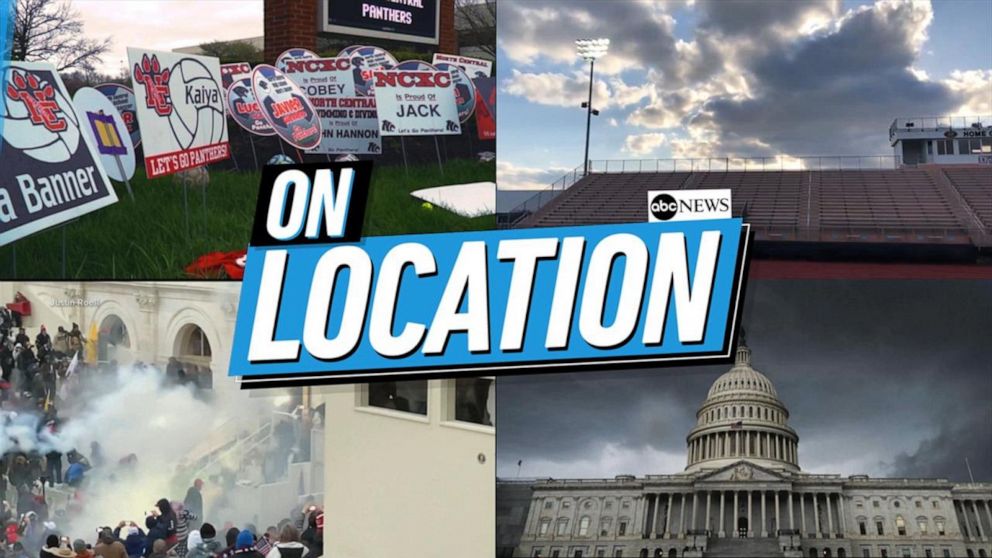
German authorities have compensated nearly 250 people who were prosecuted or investigated under a Nazi-era law criminalizing homosexuality, which continued to be enthusiastically enforced after World War II.
BERLIN – German authorities have compensated nearly 250 people who were prosecuted or investigated under a Nazi-era law criminalizing homosexuality, which continued to be enthusiastically enforced after World War II.
The Federal Office of Justice said Monday that as of the end of August, 317 people had applied for compensation and that 249 cases had been paid. So far, he has paid about 860,000 euros (just over a million dollars).
Fourteen applications are still being processed, 18 were rejected and 36 were withdrawn, the office said. The deadline for applications is July 21 next year.
German lawmakers in 2017 passed the annulment of thousands of sentences under the paragraph 175 law, which remained in force in West Germany in its Nazi era until homosexuality was decriminalized in 1969. They paved the way for payments of 3,000 euros per sentence, plus 1,500 euros for each year of imprisonment the convicts began.
In 2019, the government extended compensation to people who were investigated or taken into custody but not convicted. It offered payments of 500 euros for open investigation, 1,500 euros for each year of pretrial detention initiated and 1,500 euros for other professional, financial or health disadvantages related to the law.
The law criminalizing male homosexuality was introduced in the 19th century, tightened under Nazi rule, and maintained in this form by democratic West Germany, which convicted some 50,000 men between 1949 and 1969.
Homosexuality was decriminalized in 1969, but the legislation was not completely withdrawn until 1994.
In 2000, the German parliament passed a resolution lamenting the fact that paragraph 175 was maintained after the war. Two years later, he overturned convictions of gay men under Nazi rule, but not post-war convictions.
The compensation also applies to men convicted in communist East Germany, which had a softer version of Article 175 and decriminalized homosexuality in 1968.
In all, some 68,300 people were convicted under various forms of Article 175 in the two German states.